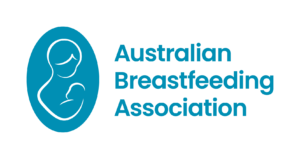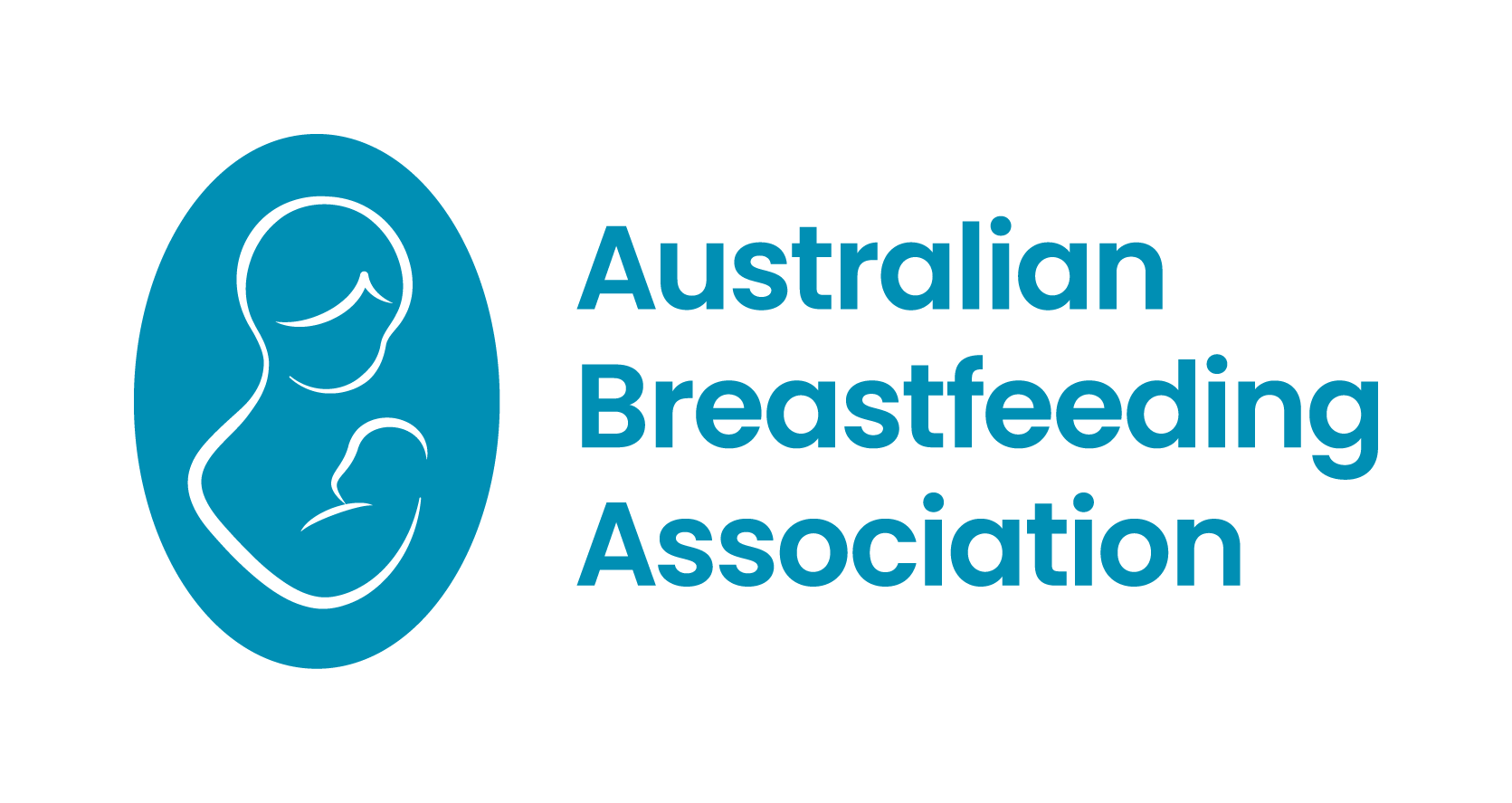Mary Paton Research Award 1988 – Michelle Wolinski
Adolescent view on Breastfeeding: a description survey. Access Michelle's paper here
Adolescent view on Breastfeeding: a description survey. Access Michelle's paper here
Mastitis is a significant problem amongst lactating women yet there remains a paucity of scientific research into the anatomical, physiological and pathological determinants for mastitis. There is also scant knowledge regarding the physiological changes occurring within the breast as a result of mastitis. This paper examines the available research and current clinical and scientific opinion concerning the breast's response to inflammation and infection and the numerous influences that may impact upon the development of mastitis. In particular, the difficulties associated with differentiating between infective and non-infective mastitis are discussed. Access Catherine's paper here
Midwives' knowledge of newborn feeding ability and reported practice managing the first breastfeed The authors are from Queensland and work for Griffith University. The paper related to successful breastfeeding relationships being established between mothers and babies when there is no interference with the skin to skin contact between them after birth. Access the paper here
This study provides insight into the experiences of mothers using closed Facebook groups attached to the Australian Breastfeeding Association (ABA) and how these mothers find and share breastfeeding support and information using this forum. It found that the main themes of these social network groups were support, community, complementary, immediate, and information. Access Nicole's paper here
This research provides insight into the process by which women became internet-facilitated peer-to-peer milk recipients. It identified that many peer milk recipients have medical histories that can make breastfeeding challenging or impossible. As a group they do not appear to be typical of the general population of breastfeeding women. It also indicated that determining a cause and possible solutions to the breastfeeding difficulties of milk recipients is often extremely problematic. Health workers dealing with breastfeeding women require greater training in the recognition and treatment of conditions that adversely affect breastfeeding, including a physiological incapacity to fully breastfeed. Although peer-to-peer milk recipients come to milk sharing because of necessity, they appear to be satisfied with the solution it provides to their problem of being unable to fully breastfeed their infants. Access Dr Gribble's paper here
In her winning paper, Ms McLaughlin examines breastfeeding knowledge, knowledge related to breastfeeding the hospitalised infant, policy and guideline awareness, and attitudes to breastfeeding in the paediatric nursing community. Participants responded to an extensive questionnaire in which they demonstrated excellent breastfeeding attitudes and general knowledge. Nonetheless, deficits in breastfeeding knowledge related to specific outcomes were identified (including attachment, maintenance of milk supply, expressing, impact of supplements, protective benefits and supportive advice and strategies). Access Marie's paper here
In her winning paper, Dr Brodribb acknowledges that breastfeeding is an important public health issue, and considers that whilst medical practitioners can have a significant impact on breastfeeding initiation and duration, there are few studies investigating their views regarding women's infant feeding decisions. Dr Brodribb's mixed-methods study employed qualitative (focus groups and interviews) and quantitative (questionnaire) data collection techniques to investigate the attitudes and views of Australian medical students and GP registrars about infant feeding decision-making. Access Dr Brodribb's paper here
Dr Gribble's paper explores the experiences of 107 Australian women who were breastfeeding a child two years or older, 87% of whom had not originally intended to breastfeed long-term, with many who had initially felt disgust for breastfeeding beyond infancy. Mothers changed their opinion about long-term breastfeeding as they saw their child enjoy breastfeeding, as their knowledge about breastfeeding increased and as they were exposed to long-term breastfeeding role models. Access Dr Gribble's paper here
Linda's paper explores the objectification (or in other words externalising) of breastmilk, which results from long-term breast expression by parents of hospitalised very low birth weight preterm infants. Whilst there is a range of reasons women have given for ceasing breastfeeding for preterm infants, this study aimed to increase knowledge and understanding of how parents experience breastfeeding, to assist nurses and other health care professionals to improve the clinical care received by families, and to improve the preterm breastfeeding experience. Access Dr Sweet's paper here
Terms of service
Contact ABA
Need help now?
Call our Breastfeeding Helpline

Acknowledgement of Country
The Australian Breastfeeding Association acknowledges the Traditional Owners of the lands known as Australia. We wish to pay our respects to their Elders past and present and acknowledge Aboriginal and Torres Strait Islander women who have breastfed their babies on Country for more than 60,000 years, and the partners, families and communities who support them.
ABN: 64005081523
The Australian Breastfeeding Association is a Registered Training Organisation
(RTO 21659) and receives funding from the Australian Government.
Quality Indicator Survey Results.
Copyright © Australian Breastfeeding Association | ABA receives funding from the Australian Government

